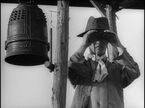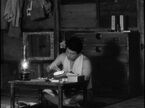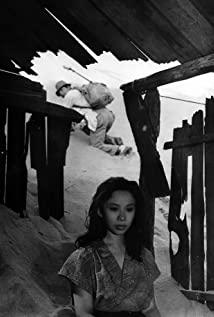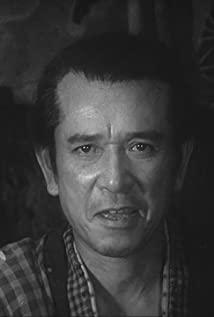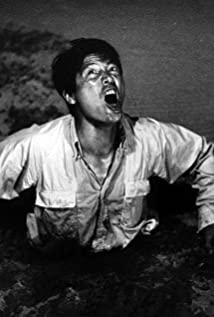Whose freedom is the real freedom? All mortals come to the world to break free from their mother's body. As a human being as small as dust, how can they think that the big world is a cage.
Especially when you can choose the item, choose the label, choose the music, choose the spouse, choose another place to go. "I, a free me, how can I be trapped in such a place, ridiculous, I will go out one day!" No matter how
precious freedom is, it cannot be worth the water to quench your thirst.
The biologist told the woman in the sand house about life in Tokyo. He talked passionately, and she listened calmly. She said, I don't want to go anywhere, I still have to dig sand, and where else do I need to go, here is my home.
Yes, the director depicts despair with mundane dialogue. Home, crumbling, on the verge of destruction, supports everything in life.
People will not always obey some noble and primitive tacit understanding in the spirit and make endless attempts, such as the pursuit of "freedom", it is difficult to judge whether the submission after experiencing severe torture is a lie, if we put this kind of Submission to the judgment as true is equivalent to acknowledging that people can live like animals, obeying certain rules in their instincts and living, digging sand for living, and living for digging sand.
Over and over again, he found his passion in the sand cave, that is, the discovery that the sand pit can store water, he "breaks away" from the trap of slavery, and finds his "freedom" in the passion he puts in, the scope of this "freedom", It's just the size of a sand cave, he still has no news of Tokyo, and he can't go to the sea, but these things now seem to him, but Erer, the question "what is life itself" that once devastated him is no longer important.
Nobility, baseness, narrowness and breadth have already been explained, and as a human being, the only choice is to give meaning to existence in surrendering to fate.
View more about Woman in the Dunes reviews




